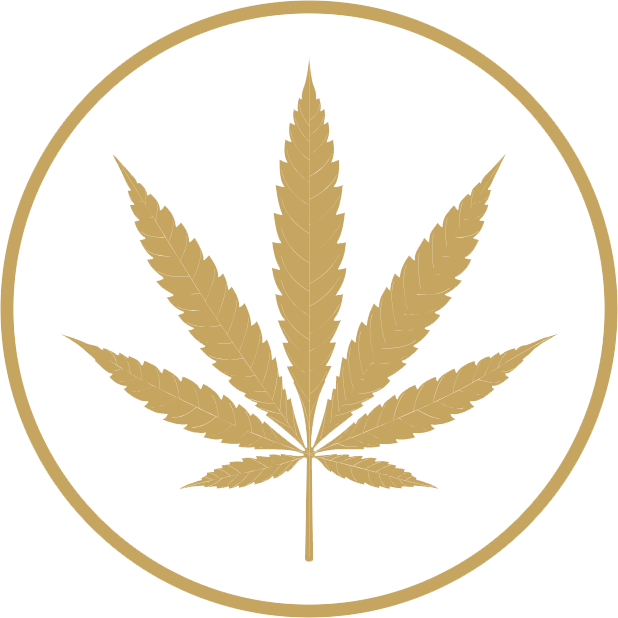While marijuana is illegal in Texas, a popular cannabinoid is still sold in stores across the state as a legal THC and its market continues to be largely unregulated.
The naturally occurring delta-8 is extracted from hemp — a type of cannabis plant used to make CBD products with trace amounts of the compound tetrahydrocannabinol (THC), which gives marijuana its psychoactive effects.
The 2018 Farm Bill legalized the growing of hemp and the creation of products made from it that contain less than 0.3 percent THC.
Because of its murky legal status, delta 8 continues to cause confusion and controversy throughout the U.S. It has a slightly different chemical structure that makes it less potent than “regular” marijuana — now referred to as delta-9 — which remains illegal in Texas and at the federal level.
Legislation that aimed to ban delta-8 in Texas failed during the state’s most recent legislative session. Fifteen other states in the U.S. had restricted its sale or use as of June 2021.
What’s in delta-8 THC? Is it safe? How can consumers be sure they’ll get what they pay for? Will the market remain unregulated in Texas?
How is delta-8 consumed? Is it meant to be used recreationally or medicinally? Does it produce a high?
What are the potential benefits and risks of consuming delta-8-infused product? What else do Texans need to know?

